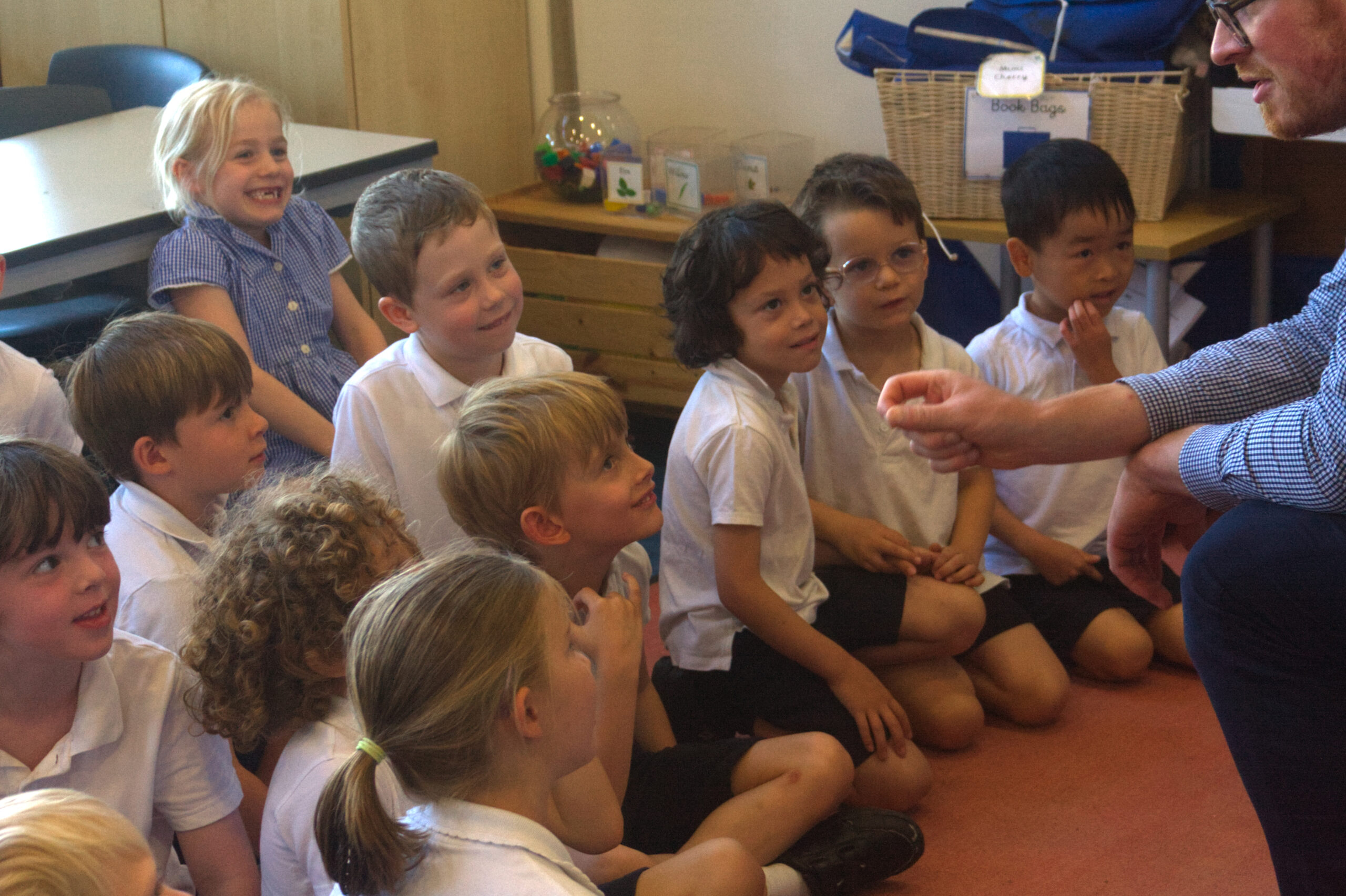Whilst teaching English at Sutton Grammar School, Jason Buckley rotated around Year 7 forms, facilitating discussions off the back of philosophical stories. These were popular, and years later when he was looking for a name for his new organisation, he remembered one boy exclaiming “Yay, it’s the Philosophy Man!”
Jason is now a leading writer, trainer and practitioner in the field of Philosophy for Children. He has written popular, compact how-to guides for teachers as well as a wealth of stories and other stimulus materials for use in the classroom.
Tom Bigglestone is a vastly experienced Head of Department and member of the Senior Academic Management Team at a former school. He specialises in Religious Studies, Philosophy and classroom dialogue. In 2014, he was awarded the prestigious Walter Hines Page Scholarship by the English-Speaking Union to research the role of assessment in philosophical discussion.
From small beginnings in 2008, The Philosophy Man is now the UK's leading independent provider of oracy and P4C training and workshops. Jason and Tom send free resources to over 17,000 educators worldwide, and train upwards of 2,000 teachers a year through INSETS and Keynotes. We spend as much time in the classroom as we do delivering courses, and we ‘show our working’ in front of children of all ages.
Why do we do it?
If children don't learn to talk confidently to groups in their primary years, it's unlikely they ever will. It impacts their learning and their economic and social potential.
And with the ever-increasing pressure from above, genuine opportunities for face-to-face dialogue and independent thinking can be squeezed out. Our mission to is empower teachers to find the opportunities for independent thinking in their existing curriculum, (and remind themselves of why they went into teaching!).
Handouts from training courses often sit in the "INSET graveyard'. It's full of ideas that sounded great on the day but which never quite got passed on to colleagues. So we want to deliver training minibooks that with busy teachers in mind, and following the course our huge range of resources means there's every support for you and colleagues continue using P4C regularly.


